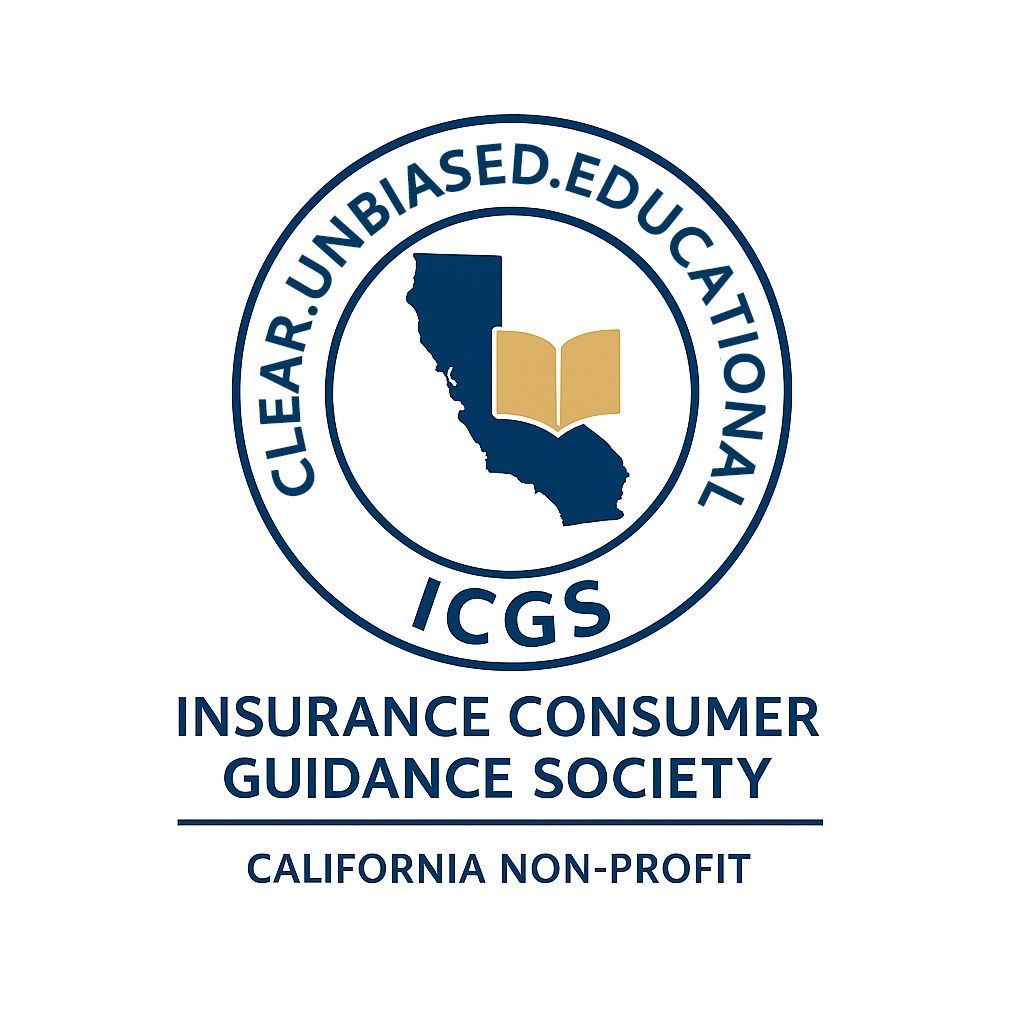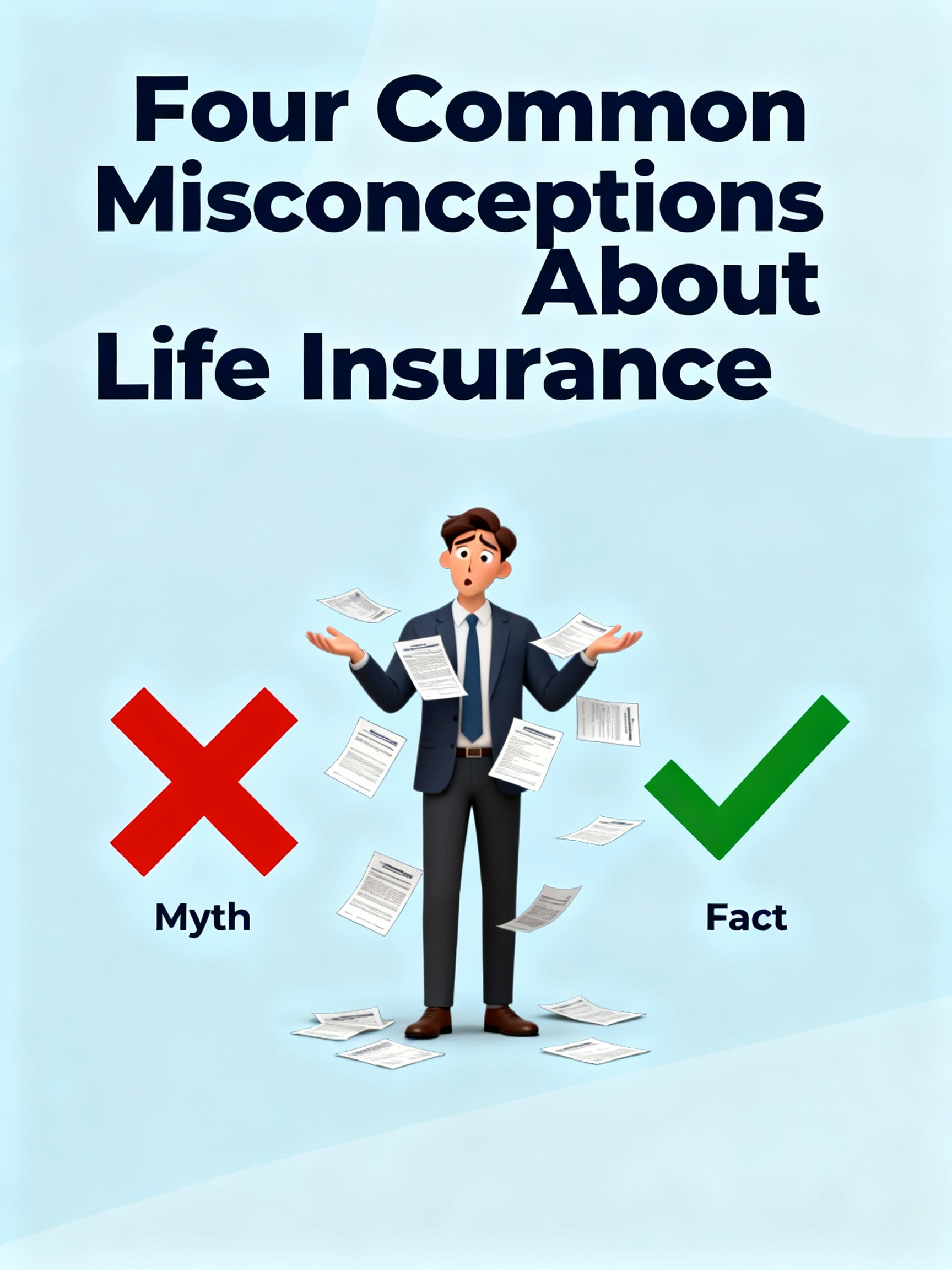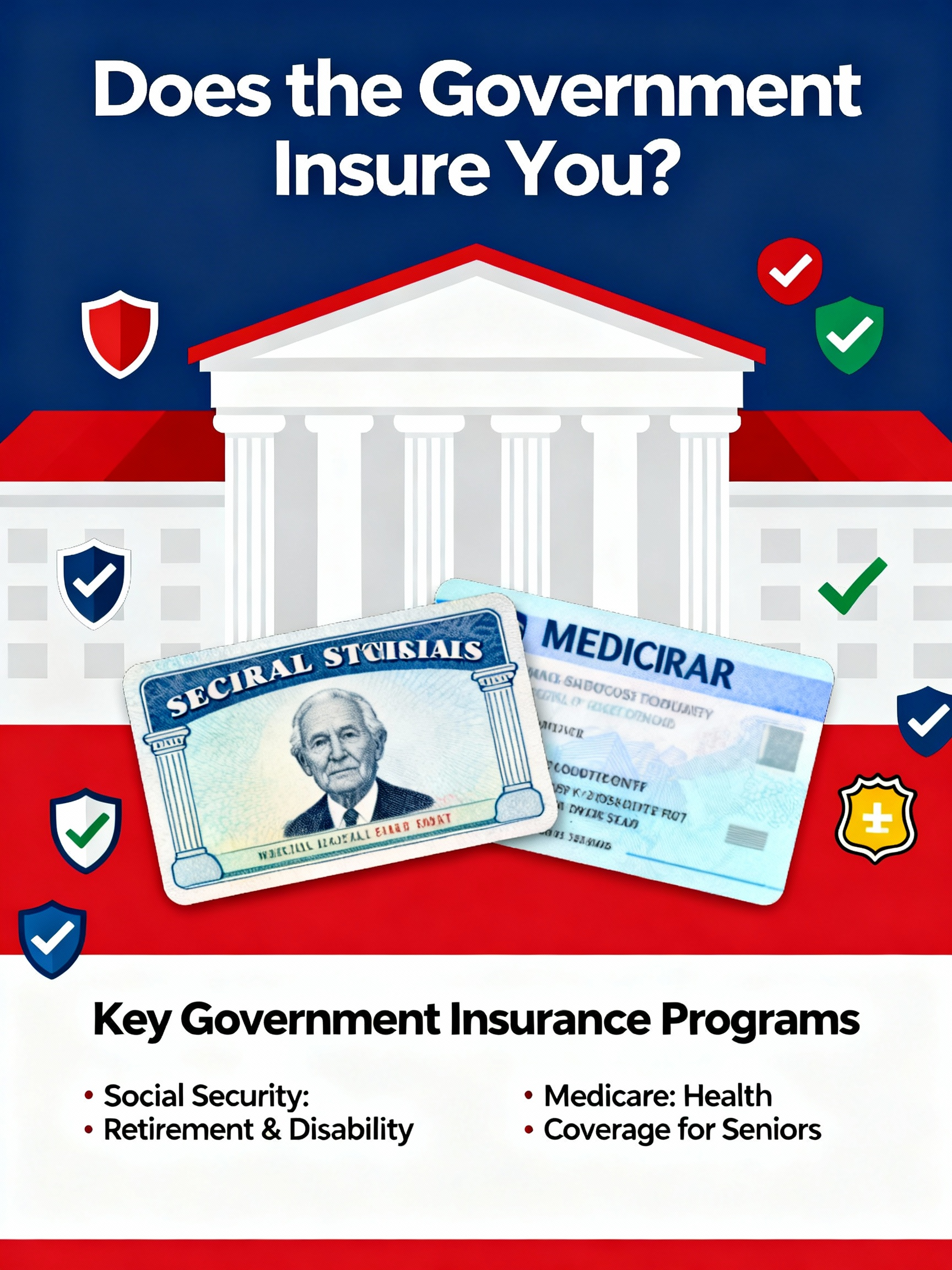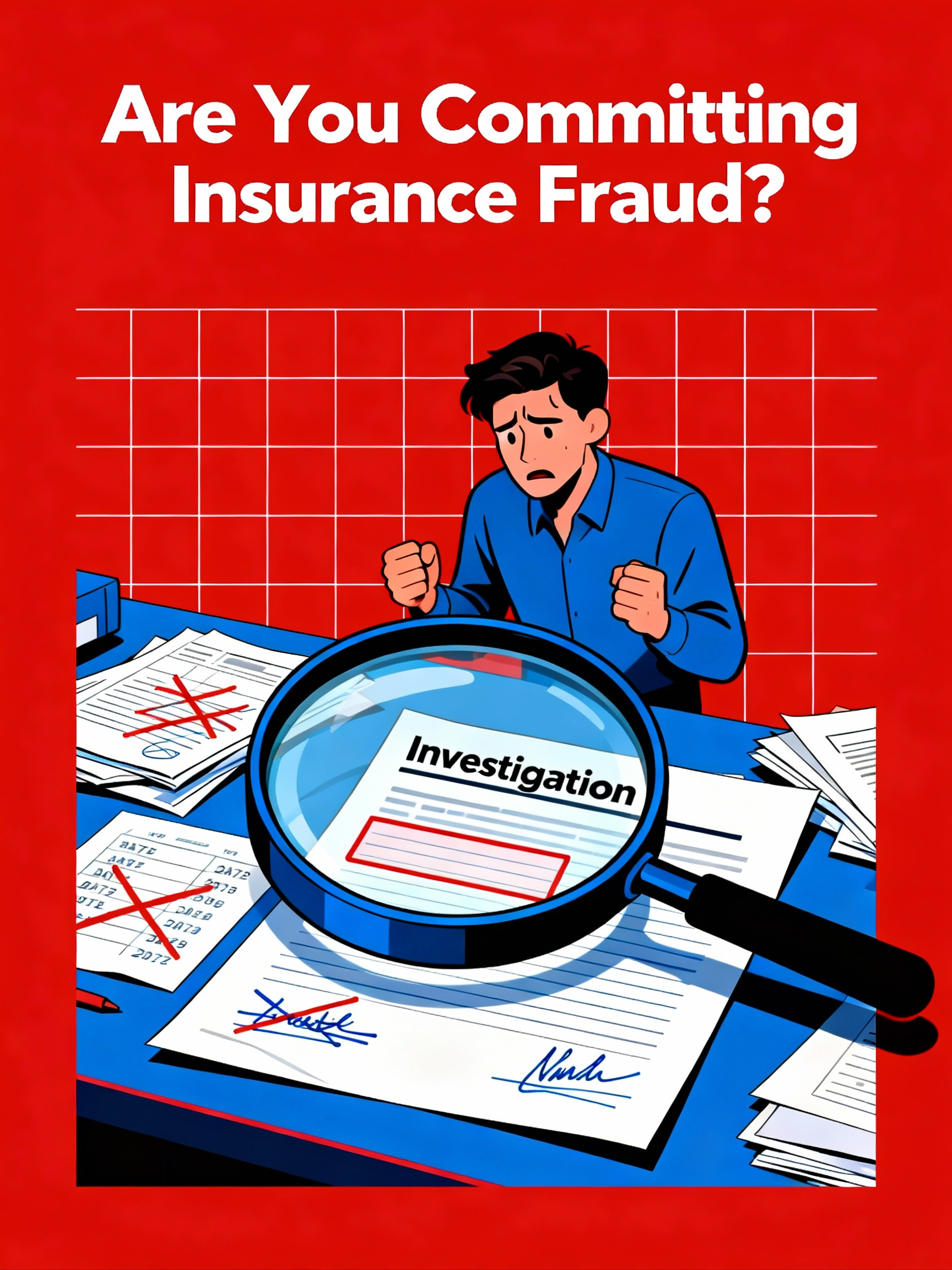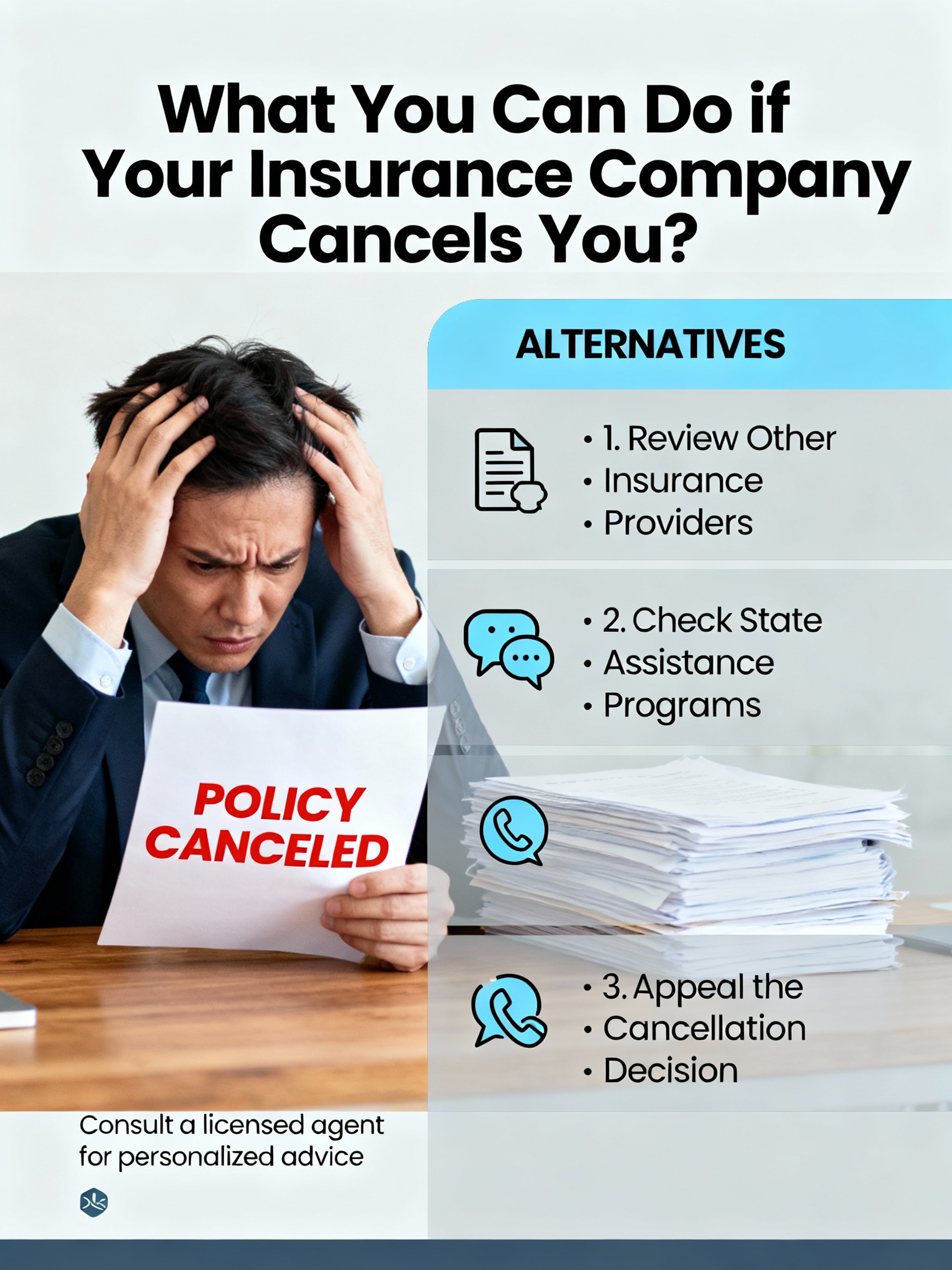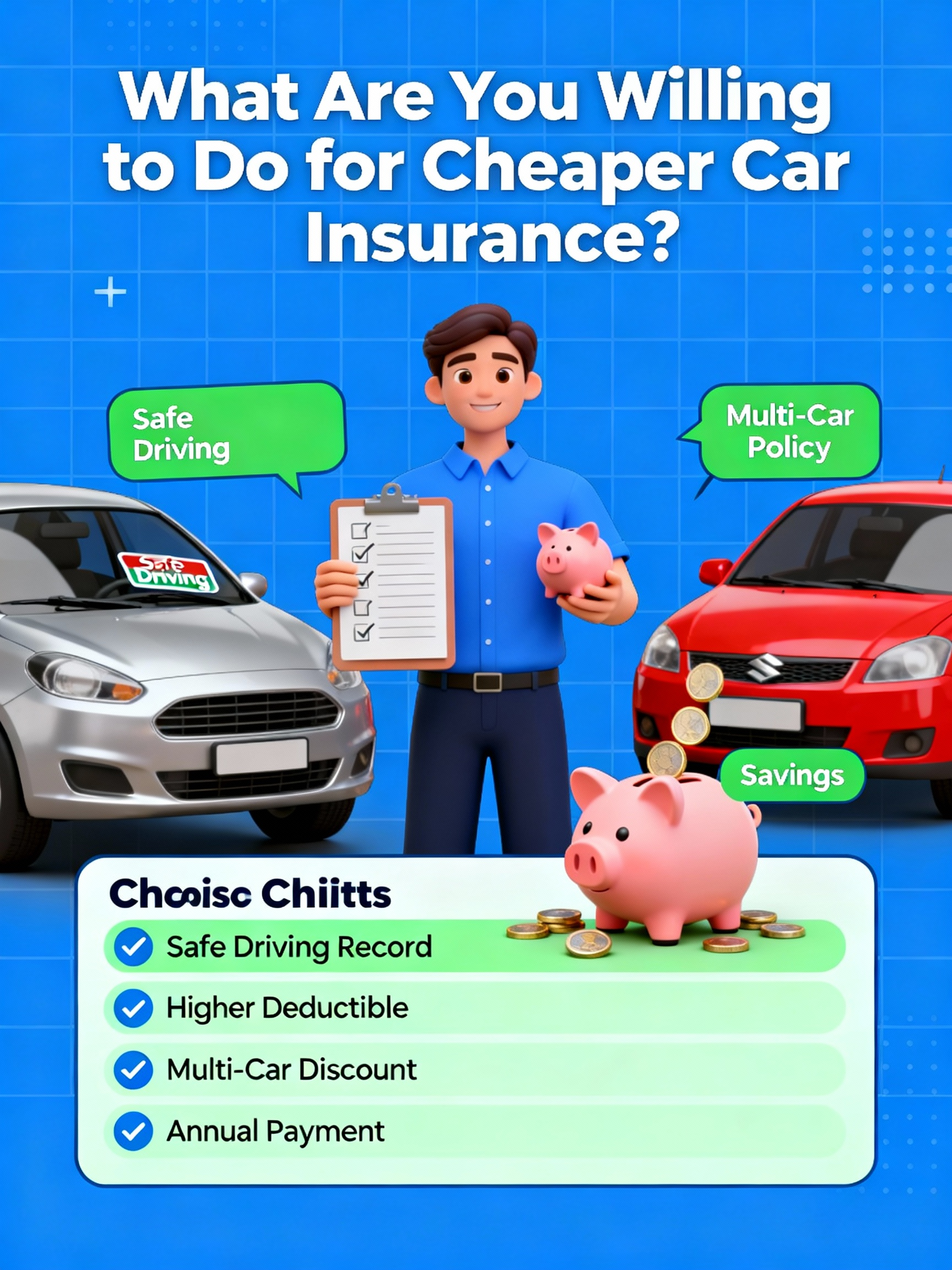Rethinking Insurance: How Californians Can Transform Their Relationship with Coverage
Published Date: 04/02/2024
Insurance may not be anyone’s favorite topic—but it touches every part of our financial lives. From the car you drive to the home you live in, insurance represents a quiet but essential promise: that if disaster strikes, you won’t have to face it alone.
Still, many people feel a deep sense of “insurance resentment.” Why do we feel frustrated every time we pay our premium, renew our policy, or get a rate increase? Why does it feel like something we’re forced to buy rather than something that serves us?
Insurance expert Karl Susman, host of The Insurance Hour, recently explored these questions, offering a fresh and realistic perspective on how Californians can rethink their relationship with insurance—and use it more effectively.
Why We Resent Insurance (and Why We Shouldn’t)
Let’s start with the obvious: most people buy insurance not because they want to, but because they have to.
- If you have a mortgage, your lender requires homeowners insurance to protect their collateral.
- If you lease or finance a car, the bank mandates auto insurance for the same reason.
- Even if you own your home outright, California law requires minimum liability coverage on your vehicle before you can drive it.
In other words, insurance is built into the cost of modern life. And that mandatory nature can trigger frustration—especially when we’re already stretched paying for mortgages, car payments, and daily expenses.
As Susman explains:
“We don’t like being forced to do anything—especially when it costs money. But the truth is, even if the bank didn’t require insurance, you’d probably buy it anyway. It’s human nature to protect what we’ve worked hard for.”
Think about it: If your home burned down or your car was totaled, would you really be okay walking away with nothing? Probably not. Insurance, in that sense, isn’t a burden—it’s a safeguard against losing everything you’ve built.
The Hidden Value of Insurance: Protecting Your Investment
Susman compares insurance to the FDIC—the government-backed fund that protects your money in the bank if your financial institution fails.
“The FDIC is essentially insurance for your cash,” he notes. “We don’t mind that, because it gives us peace of mind knowing our savings are protected. The same principle applies to your home and car.”
Every policy you pay for—home, auto, life, or otherwise—represents a shield for your most valuable assets. While it may feel like just another bill, insurance is also the mechanism that allows lenders to provide loans, homeowners to rebuild after fires, and drivers to repair or replace their vehicles after accidents.
Understanding Your Policy: Read It (Even Just Once)
Here’s the truth most consumers don’t want to hear: very few people ever read their insurance policies.
That’s a problem.
Your policy is a contract—a detailed document outlining exactly what’s covered, what’s excluded, and what limits apply. When a claim arises and something isn’t covered, the frustration often comes from not knowing what the policy actually said.
“If you read your policy, you’ll see where the limits are,” Susman says. “Maybe it caps jewelry coverage at $1,500. If you have $15,000 worth of jewelry, that’s something you’d want to adjust before a loss.”
He emphasizes that while agents and brokers can help, it’s ultimately the consumer’s responsibility to understand their coverage. No one knows your possessions, upgrades, or personal priorities better than you.
Pro tip: Start with your Declarations Page (the “dec sheet”). It’s the summary at the front of your policy listing your name, coverage amounts, deductibles, and effective dates. It’s not the whole policy, but it’s the roadmap to what follows.
Customizing Coverage: Tell Your Agent What They Don’t Know
Your insurance agent or broker can’t protect what they don’t know about.
If you’ve remodeled your home, added a pool, installed solar panels, or made major upgrades, your insurance company needs to know. Otherwise, you might end up underinsured.
“If you add a second story or spend $200,000 on home improvements, that’s part of your investment,” Susman explains. “You want it insured. But the company can’t insure what you haven’t disclosed.”
The same goes for vehicles. If you’ve customized your car—new sound system, aftermarket wheels, custom wrap—you’ll want to tell your carrier. Otherwise, any claim settlement will only reflect the vehicle’s factory value.
Transparency ensures that when something goes wrong, you’re compensated for what you actually own—not what the insurer thinks you own.
Why Your Rates Go Up After a Claim
One of the most common frustrations Susman hears is this:
“Why did my rates go up after my insurance company paid my claim? Isn’t that what insurance is for?”
Yes, that’s exactly what insurance is for—but the rate increase also makes sense.
When you buy a policy, you represent a certain level of risk. Once you’ve had a loss, that risk profile changes. The insurer is required to re-evaluate you at renewal, just as they would any driver or homeowner whose situation changes.
“It’s not punishment—it’s pricing for reality,” Susman explains. “Yesterday, you were someone who’d never had a claim. Today, you’re someone who has. That’s a different risk.”
He also reminds listeners that policy renewals are like starting over each year. Each renewal gives the insurer a chance to assess whether your home is older, your roof needs replacement, or your driving history has changed.
Working with an Agent or Broker: Know the Relationship
Not all insurance professionals operate the same way.
In some states, an insurance agent represents a specific company, while a broker represents the consumer, shopping among carriers for the best fit. Some jurisdictions treat agents as “order takers,” meaning they only provide what you ask for; others expect them to advise you more comprehensively.
Either way, Susman stresses the importance of communication.
“Your agent doesn’t have psychic powers,” he says with a laugh. “They can’t know about your wine collection, art, or jewelry unless you tell them. The best insurance relationship is a partnership—built on questions, honesty, and information.”
It’s also worth remembering that not all agents have the same experience or expertise. Like doctors or lawyers, some are exceptional, and some just meet the minimum requirements. Don’t hesitate to ask questions, request explanations, or seek a second opinion.
The True Cost of Claims—and Why Prevention Pays
Insurance is designed to help after a loss—but the best claim, Susman says, is no claim at all.
Each loss triggers paperwork, downtime, potential premium increases, and emotional stress. Preventing claims doesn’t just protect your record—it protects your peace of mind.
For Homeowners:
- Maintain your property. Fix leaks, update your roof, clean gutters, and service systems before they fail.
- Document improvements. Keep receipts and photos of renovations for accurate replacement cost coverage.
- Be proactive. Don’t wait for damage or disaster to start caring for your home.
For Drivers:
- Avoid distractions. Susman calls out texting while driving as one of the biggest modern threats on the road. Even a two-second glance at your phone can mean the difference between stopping safely and rear-ending the car in front of you.
- Use “driving mode.” Let your phone auto-reply with a message like “I’m driving, please call.”
- Remember the stakes. There’s no such thing as a “minor” accident anymore—repair costs are higher than ever, and even a small fender bender can lead to big claims and higher premiums.
“We’re seeing three times more accidents today than before the pandemic,” Susman notes. “If we all drove a little more carefully, we’d all save money. Safer roads mean fewer claims—and lower premiums for everyone.”
Shifting the Mindset: From Obligation to Empowerment
At the end of the day, Susman’s message is simple but profound: stop thinking of insurance as a forced expense, and start viewing it as an investment in stability.
By reading your policy, communicating with your agent, maintaining your assets, and driving carefully, you can actively shape how insurance serves you.
Insurance doesn’t exist to make your life harder—it exists to help you rebuild when things go wrong.
“It’s not about resentment,” Susman concludes. “It’s about responsibility. When we understand insurance—what it does, what it costs, and why—we stop feeling like it’s imposed on us. We start seeing it as part of how we protect our future.”
Key Takeaways
- Insurance isn’t a punishment—it’s protection. Even if lenders require it, you’d likely buy it yourself to safeguard your investments.
- Read your policy. Know your limits, exclusions, and coverage types. Ignorance can cost you.
- Disclose upgrades and improvements. Ensure your coverage reflects your actual assets.
- Understand rate changes. Premiums rise after claims because your risk profile changes.
- Prevent losses where you can. Maintenance, focus, and safe habits pay off.
By replacing frustration with understanding, you can take control of your insurance experience—and maybe even appreciate the safety net it provides.
Author
